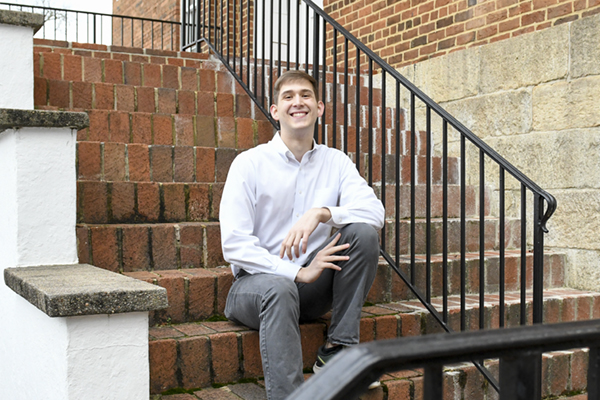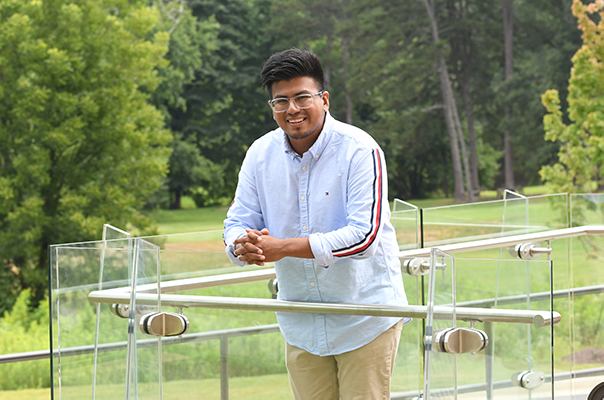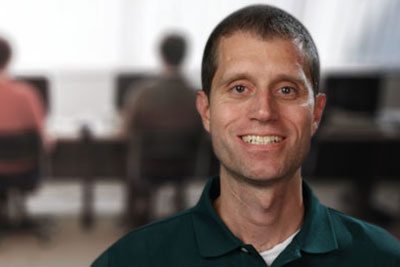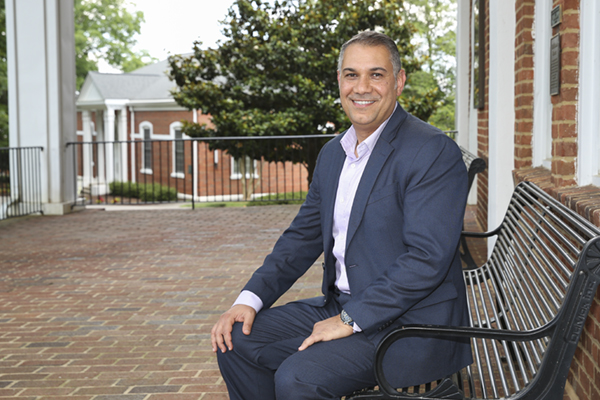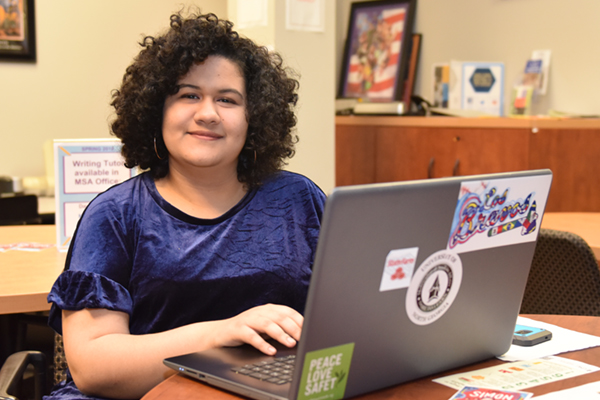Tamirat Abegaz
For Dr. Tamirat Abegaz, the teaching process comes down to action.
"I lead by doing. That makes me different," said Abegaz, associate professor of computer science and information systems at the University of North Georgia (UNG). "I want my students to see me doing something so they can follow what I'm doing and work with me."
Abegaz has stayed busy in carrying out that mantra since joining UNG's faculty in 2015. He has worked all five GenCyber Warrior Academy summer events, an effort for which UNG has received more than $350,000 combined in National Security Agency (NSA) funding to host the academy for 40 students each year.
Abegaz can recall UNG's first year of GenCyber Warrior Academy when the instructors were just him and Dr. Bryson Payne, professor of computer science and director of UNG's Center for Cyber Operations Education. Now multiple faculty members participate with the academy. Abegaz said the desire to improve their teaching and feedback from the NSA have elevated UNG's delivery of the GenCyber Warrior Academy.
"Experience really matters," he said. "After five years, we've built trust with the NSA. They know that we are doing a great job."
Abegaz also said staying on top of the current data and best practices is crucial in computer science and cybersecurity because the fields change so quickly. To that end, he earned the Global Information Assurance (GIAC) Certified Forensic Analyst and GIAC Certified Incident Handler certifications in fall 2019. At the time, he was one of about 9,300 certified forensic analysts in the world.
"Currently, SANS' GIAC is the best digital forensics and incident response certification available," Abegaz said. "It is endorsed by practitioners in law enforcement and the private sector."
Prior to joining UNG, Abegaz served in a variety of software development roles for African Union, Commercial, and National Bank of Ethiopia.
Abegaz said he and his UNG colleagues go to industry conferences and ask computer science and cybersecurity professionals what they are looking for in interns and full-time employees. Abegaz and his colleagues come back to UNG and tailor classes to those suggestions so UNG graduates will be competitive for such jobs.
